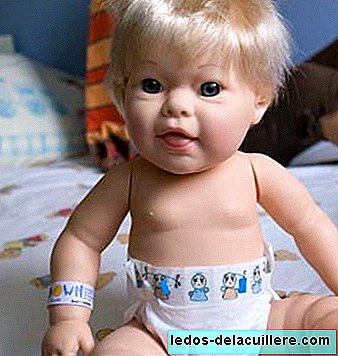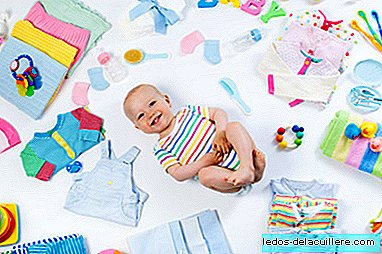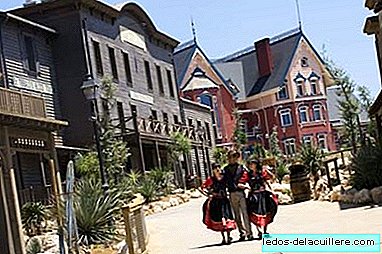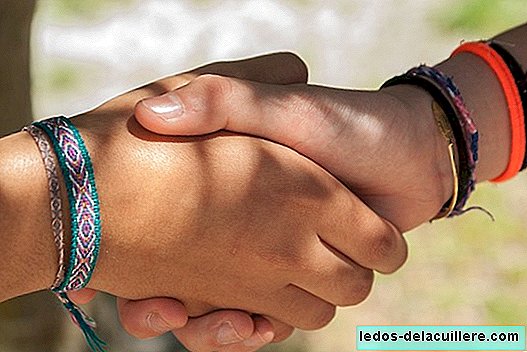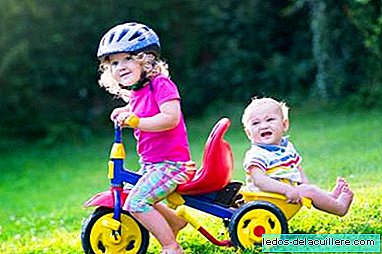
Compared to other mammals, the period that includes childhood in the human species is much longer. But why is that so? Why is childhood in humans so long?
We are explained by scientists from Northwestern University, who have just published their research in the scientific journal Proceedings. They claim that brain development accounts for almost all energy slowing the growth of the child.
Undoubtedly, an interesting study that sheds light on aspects we did not know and gives us an anthropological answer to why humans are the species that takes the longest to go through the childhood stage.
Humans grow at a rate similar to that of a reptile during their childhood, because they are years in which growth is concentrated in brain development. In other words, growth of the rest of the body is slowed to accelerate that of the brain.
The scientists measured glucose absorption and brain volume at different ages and it coincides that the stages in which the brain consumes more glucose is also when the growth of the rest of the body is slower.
In the childhood, energy channeled to the brain dominates the metabolism of the human body. At four years the brain consumes glucose at a rate comparable to 66 percent of the resting body rate, or more than 40 percent of the body's total energy expenditure.
And at five years a child's brain uses twice the amount of glucose, the energy that feeds the brain, than that of an adult.
Christopher Kuzawa, author of the study has explained his discovery with these words.
"Our findings suggest that our body cannot afford to grow faster during childhood because a huge amount of resources is required to feed the developing human brain."
That is why eHuman growth is slower during the first years of life if we compare it with that of other mammals. Because our voracious brain of energy monopolizes almost all metabolic activity.


